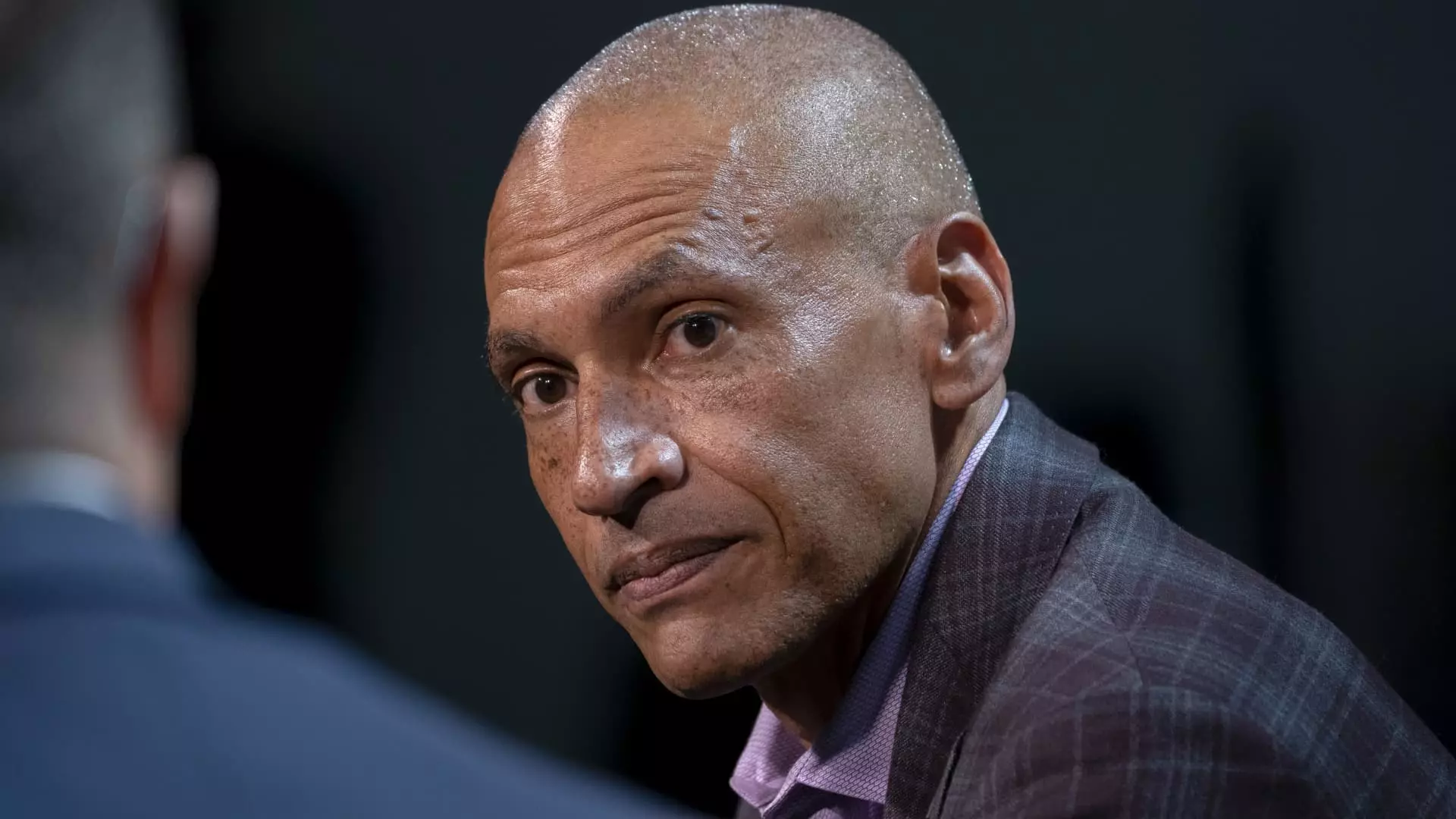In a significant development within the tech industry, Chris Young, who has been a pivotal figure in Microsoft’s strategic initiatives, particularly in business development, has resigned from his position after four impactful years. This announcement, made as part of a regulatory filing by the company, has raised questions about the future direction of Microsoft’s growth strategies, especially after the high-profile acquisition of Activision Blizzard.
Chris Young’s career trajectory is notable, showcasing a blend of leadership skills honed over years in various high-stakes roles. Joining Microsoft in 2020 after a notable tenure as the CEO of McAfee, where he was instrumental in its separation from Intel, Young brought a wealth of experience to the tech giant. His previous executive roles at Cisco and RSA further solidified his reputation as a capable leader. At Microsoft, Young was not just a Senior Vice President; he was part of a select group that included CEO Satya Nadella and CFO Amy Hood, reporting directly to Nadella. His influence within the organization is underscored by his notable compensation package, reflecting his role’s significance, with a total of $12 million in pay for the fiscal year 2024.
Under Young’s leadership, M12, Microsoft’s corporate venture capital arm, thrived by investing in promising startups such as PsiQuantum and Innovaccer. The strategic realignment of M12 to work more closely with Microsoft in nurturing these portfolio companies indicates Young’s foresight in recognizing the importance of synergistic relationships within the tech ecosystem. Furthermore, his involvement in large-scale strategic moves, such as the $68.7 billion acquisition of Activision Blizzard, which marked one of the most significant transactions in the gaming industry, demonstrates his capacity to navigate complex negotiations and partnerships.
Chris Young’s contributions extended beyond financial deals; he was a vocal advocate for diversity and inclusion within the tech sector. As one of Microsoft’s key Black executives, he emphasized the critical need for representation in technology—an area that remains under scrutiny amidst changing corporate policies at major players like Amazon and Meta, who are scaling back on their DEI programs. Young’s focus on these issues highlights a growing awareness within the industry regarding the essential nature of diverse leadership.
With Young’s departure, Microsoft faces a crossroads in its business development strategy and cultural initiatives. The company has yet to announce a successor, leaving room for speculation about who might fill these substantial shoes. As Microsoft continues to navigate the competitive landscape—marked by partnerships with AI entities like OpenAI and other sprawling initiatives—the next steps taken in this leadership change will be crucial in determining how effectively the company continues its trajectory of expansion and innovation. The tech community will undoubtedly watch closely as Microsoft reshapes its leadership framework in response to this significant transition.


Leave a Reply
You must be logged in to post a comment.